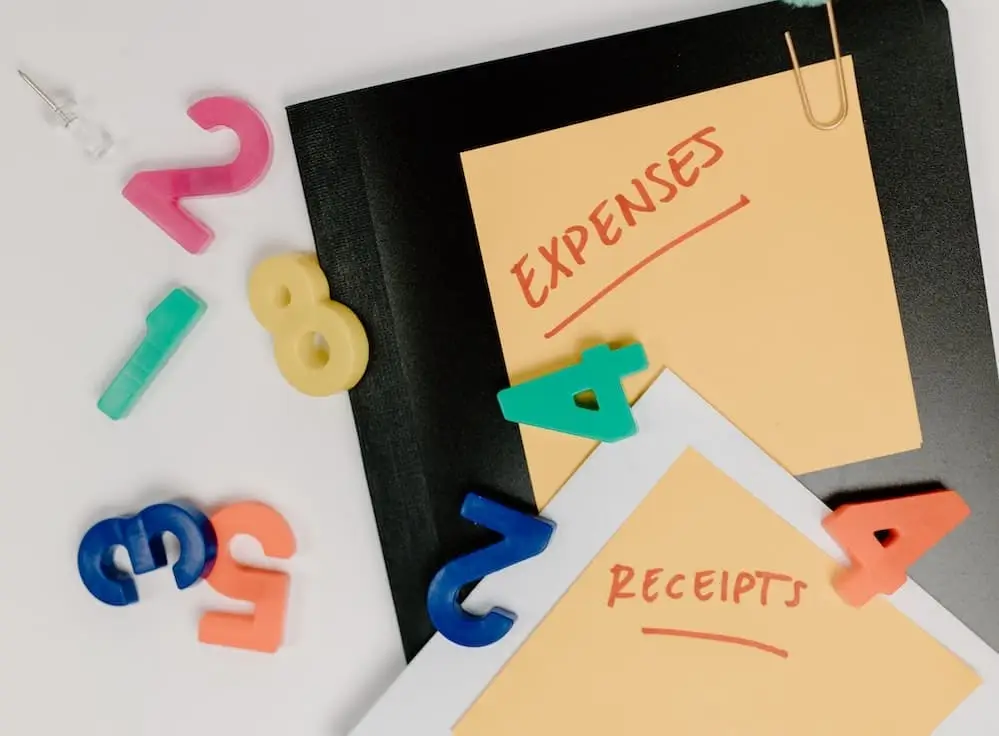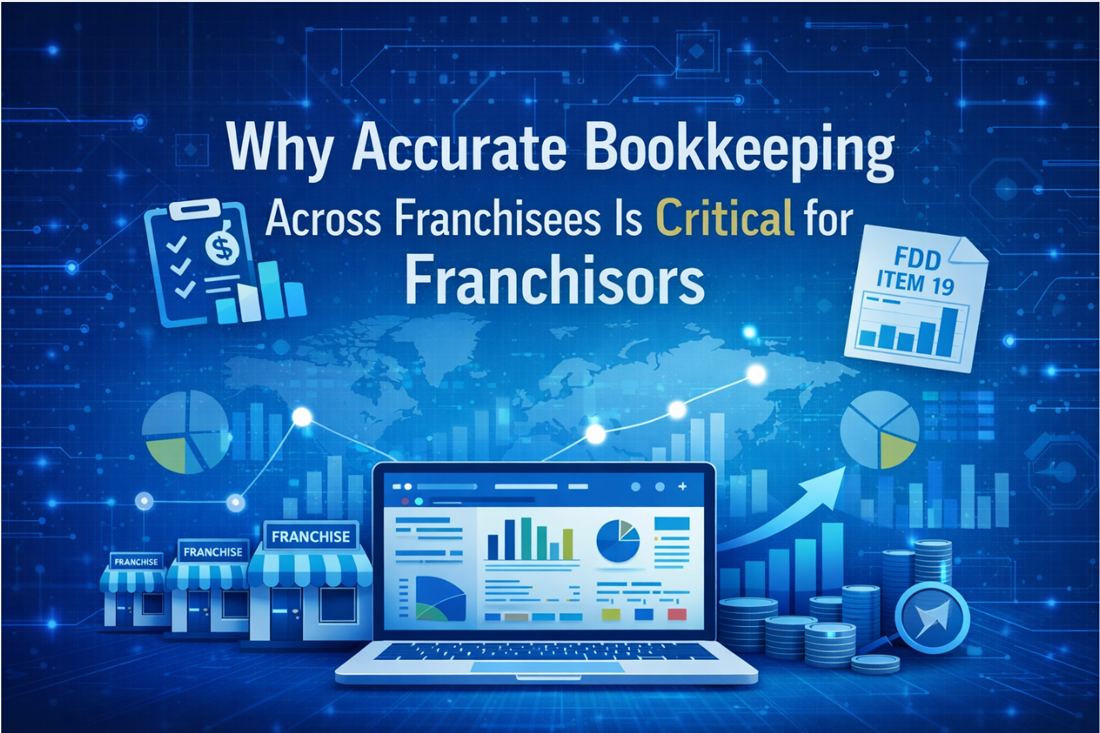Taking steps to clean up accounting records can be a big undertaking for small business owners. Hopefully, you started your business on the right foot financially. You may diligently record your accounting transactions or have hired someone to take care of accounting for you. If that is not the case, you will need to take steps to clean up accounting records or use a catch-up bookkeeping service.
When and Why You Need to Clean Up Your Books
There are many reasons to have clean accounting books each month. Here are a few:
Ensure Financials Are Up-to-Date
If you don’t know where you stand with accounts receivable, accounts payable, or cash accounts, you won’t be able to make strategic business decisions. Clean bookkeeping means you don’t have to keep track of the client who is 90 days overdue on their payment or anticipate what your cash flow position will be next week.
You also won’t need to worry about manually tracking expenses. A virtual bookkeeper can help you automate that and more.
Be Ready for Tax Season
No one enjoys tax season (not even accountants), but paying taxes is a required part of keeping your business tax compliant. If you don’t have accurate records, you may miss out on deductions or income on your tax returns. This oversight could lead to a higher tax expense than required or an incorrect tax return.
Ensure Compliance for Fiscal Year-End or Financing Opportunities
If your company requires a set of reviewed or audited financial statements, you’ll need a clean set of books. During a financial review or audit, accountants will ask to see documentation of expenses and income. They may perform other accounting activities to assess your level of financial controls in the company.
While most small business owners won’t need to undergo yearly financial reviews, these reviews can provide additional support for financing opportunities. Most banks or other commercial lenders require a financial review before providing financing.
If the IRS decides to audit your business tax return, having an accountant-reviewed set of financials can be very helpful in resolving any issues.
What Documentation Should You Have?
Any transaction that involves a purchase, sale, or other financial change should be well-documented. Documentation may include a receipt, invoice, bank statement, or another item, such as a lease.
Frequently, accounting software will allow you to upload support for any transactions recorded in your general ledger. You should take advantage of this as much as possible. You may also save paper copies of documents — just make sure to keep them organized!
Warning Signs That You Need to Clean Up Your Books
There are several indications that an accounting clean-up may be required. If you see any of these signs, it is time to take steps to clean up accounting records.
Inconsistencies in Financial Statements
Hopefully, you review your monthly financial statements for accuracy. You may compare your cash account and lines of credit with your bank statements, take a balance sheet health check, and check your income statement.
If you notice strange variances or differences in your cash or credit card balance, it’s time to check your books for mistakes.
Inventory Levels that Don’t Align
If your company has inventory, you will need to account for it in your general ledger. Frequently, companies will perform a physical check of inventory and compare it to accounting records. If you notice differences, something may be wrong. There could have been inventory stolen or sales may not have been recorded in the ledger properly.
Overspending on Business Expenses
Sometimes business expenses may appear too high. If you’re aware of your monthly expenses and they appear to be abnormally high on your income statement, a transaction may have been booked twice or booked to the wrong account.
Incorrect Accounts Payable or Receivable Reports
A big part of the accounting process is to check your outstanding accounts payable and accounts receivable for small business reports. These reports may be incorrect if you haven’t accurately recorded a collection, payment, sale, or expense. In the end, it will lead to missing income or expenses in your books.
Over or Undervalued Assets
A business that owns fixed assets will need to record its depreciation each month. If the company sells or purchases additional assets, other entries must be made. Upon reviewing your balance sheets, you should note if the value of your assets appears incorrect.
Missing Retained Earnings
Retained earnings are an important piece of the balance sheet. They consist of all profits and losses from prior years, plus income or loss for the current year.
If you compare the income statements for all periods that your company has been open, this total should match the net profit and retained earnings balance on your balance sheet. If it doesn’t, you have a problem.
Hiring an Accountant to Clean Up Your Records
If you see mistakes in your accounting ledger, it’s time to hire an accountant to help you sort out your financial reporting.
An experienced and knowledgeable accountant can reconcile balance sheet accounts and examine your income statement for inconsistencies. They can also review details from prior years to ensure that your retained earnings are correct.
Significant prior-year errors may affect your previous tax returns and financial statements. As an example, missed sales or expenses can change your taxable income. Errors could result in additional tax you should have paid or more of a refund. If you find these mistakes, you will have to file an amended tax return.
While there are costs associated with hiring someone to help you with your accounting processes, the expense is well worth it. It saves time, gives you peace of mind, and allows you to make better business decisions with accurate information.
How xendoo Can Help You Clean Up Your Accounting
xendoo offers a clean-up bookkeeping service that can assist you with getting your finances up to date. Learn more about our services today!










